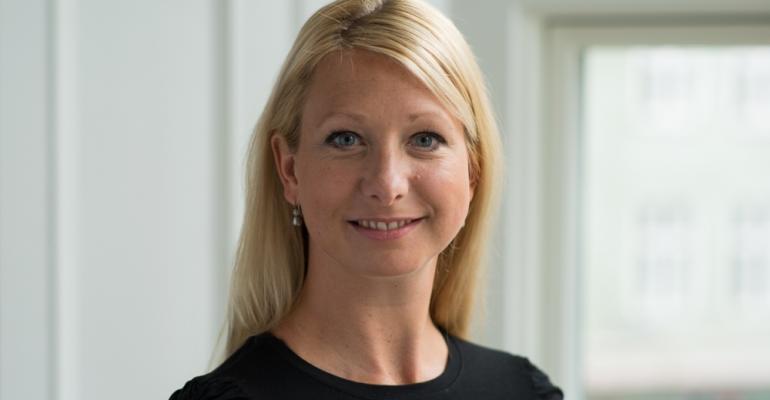Arguments like these are hard to answer and often lead to organizational paralysis when it comes to making a stand against corruption. And arguments like this are one of the reasons why the Maritime Anti-Corruption Network (MACN) was created in 2011.
When a ship travels in and out of port it goes through multiple government controls. These controls create opportunities for officials to demand illegal payments. A captain recently commented “The customs officer threatened to delay the ship and fine us US$60,000 for an error on the lubrication oil declaration. Then he asked us for US$7,000 to help us have no problem.”
Corrupt demands lead to delays, or other commercial consequences for companies. They hinder trade and, above all, have a profound and negative impact on ships’ captains and crew who come under pressure when rejecting demands. For crew, the fight against corruption has nothing to do with legal compliance—it is a threat to a safe working environment.
As well as being legally compliant, companies have a responsibility to keep their people safe. The question is, how do you do this? We know that companies who say “no” to corrupt demands have safer employees, but the journey to get to “no” requires true commitment. For many companies, saying “no” can’t be done alone.

MACN now has over 100 members. Members range from some of the largest ship owners to small local port agents—the group includes much of the maritime value chain. MACN has real power to push for change, and our collective voice is stronger when addressing issues with governments. Members can discuss challenges with each other, learn about new solutions to tackle corruption and become better able to support their front-line workers. Ultimately, MACN means greater impact and a better work environment for front-line employees.
MACN’s collective action program means you are not alone in saying ‘no’ to corrupt demands. The vessel before you will have said ‘no’, as will the next ship calling. Crews and commercial operations will be protected by tested processes and procedures, and by weight of numbers.
In answering the above question MACN members can say:
We are working with peers and partners to address these challenges with global governments.
We are stronger together.
We may not change the world today, but working together is a great place to start.
To end, I leave you with another quote from a Captain:
“I am so happy to be in in this company, as they follow MACN procedures, and so far, I see very good results on anticorruption process. During the time of my contract, I did not notice any criminal or corrupt demands. I am so proud of it.”
Copyright © 2024. All rights reserved. Seatrade, a trading name of Informa Markets (UK) Limited.
Add Seatrade Maritime News to your Google News feed.  |

